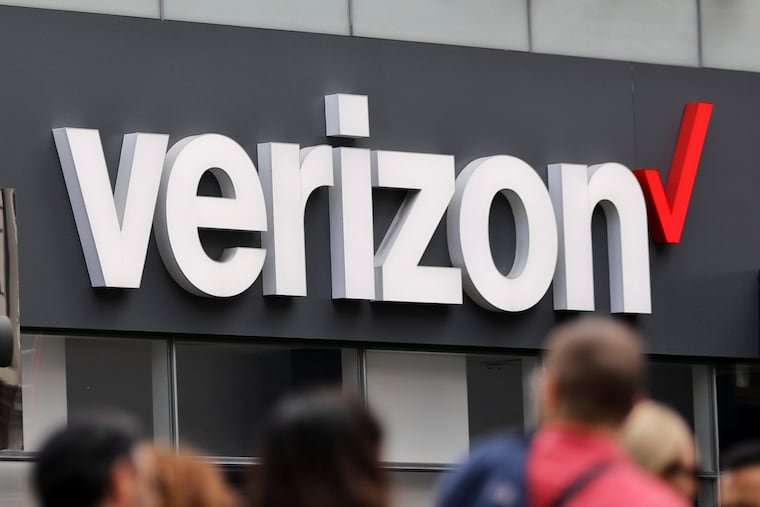One box, two fees: Verizon is hiking set-top box, DVR fee for long-term customers
Verizon split what had been one $17 fee for HD/DVR into two fees — one for DVR and the other for the set-top box, both $12, or a a total of $24.

Russell Pittman, a Verizon Communications customer for more than a decade, re-upped on a Fios contract in December and thought he was good to go for two years with a set price on his triple play of television, internet, and phone — about $150 a month.
So he was surprised in June when “out of the blue,” Verizon hiked his equipment fee by 41 percent.
Verizon split what had been one $17 monthly fee for HD/DVR into two fees — one for DVR and the other for the set-top box, both $12, or a total of $24. Physically, it is one device that performs both the functions.
“I thought it was unfair,” said a peeved Pittman, 72.
But Pittman, of Lansdale, just had a crash course in a widespread pay-TV practice.
While bundle prices remain the same under contract, special fees such as those for broadcast TV stations, regional sports networks, and even equipment can be excluded from long-term contracts, giving companies a level for raising prices and boosting profits.
A Verizon spokesman, Tony McNary, said on Tuesday that Fios has separated the set-top box and DVR functions since 2014 for people with new contracts and over time has been “migrating” its older customers to the split fees.
Pittman said he does not remember such a hike in the middle of a contract. His monthly bill rose in June to $157.73 from $149.91 in May. Pittman fears that with the DVR and the set-top box divided into two separate fees, Verizon can then separately increase them over time.
Last year, Consumer Reports launched a campaign to focus attention on fees in the pay-TV industry at the Comcast Corp. headquarters in Philadelphia. These fees add 25 percent to the advertised price for cable- or satellite-TV and climb even with guaranteed-price packages, the advocacy group said.
“It’s another case of the cable industry breaking out fees and charging more for the same thing,” said Jonathan Schwantes, senior policy counsel for Consumer Reports. He called it “nothing more than a revenue booster.”
Verizon sells and offers Fios in its wireline division in the Northeastern states.